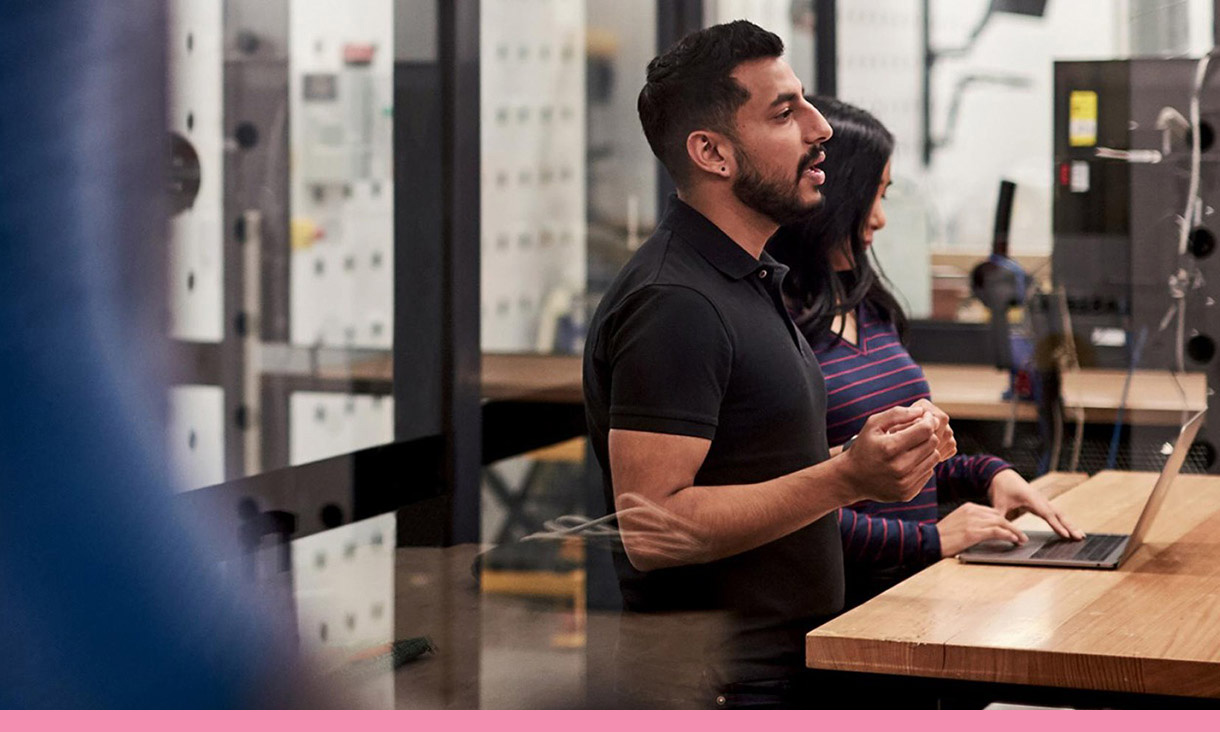Developing AI Strategy
Discover the implications of artificial intelligence on your business and learn how to build an AI strategy to keep ahead of the curve.
AI Product Manager
Transform theory into practice with our hands-on approach to AI product management. From concept to execution, gain insights, practical experience, and strategic know-how to drive impactful initiatives in the evolving digital landscape of AI product management.
Artificial Intelligence in Marketing
Gain a comprehensive understanding of the AI technology stack, adapt your skills and learn to automate campaign optimisation with AI. You’ll also learn to enhance customer interactions using chatbots.
Master of Business Analytics and AI Strategy
Become a business professional with the technical credibility to bridge the gap between data, analytics AI and business to drive better business solutions.












